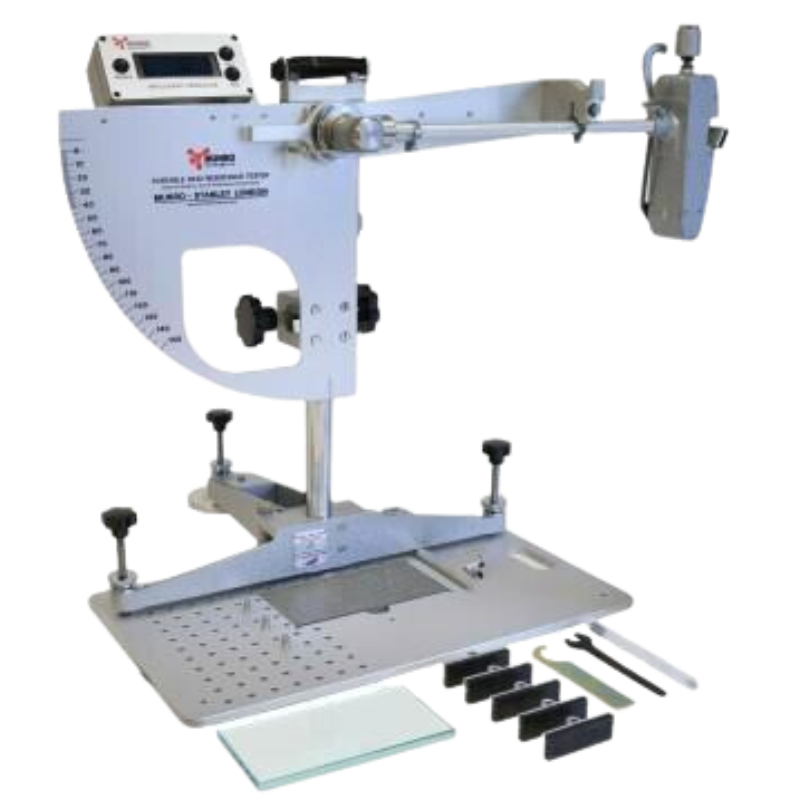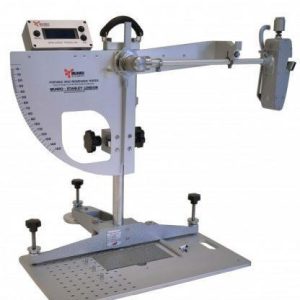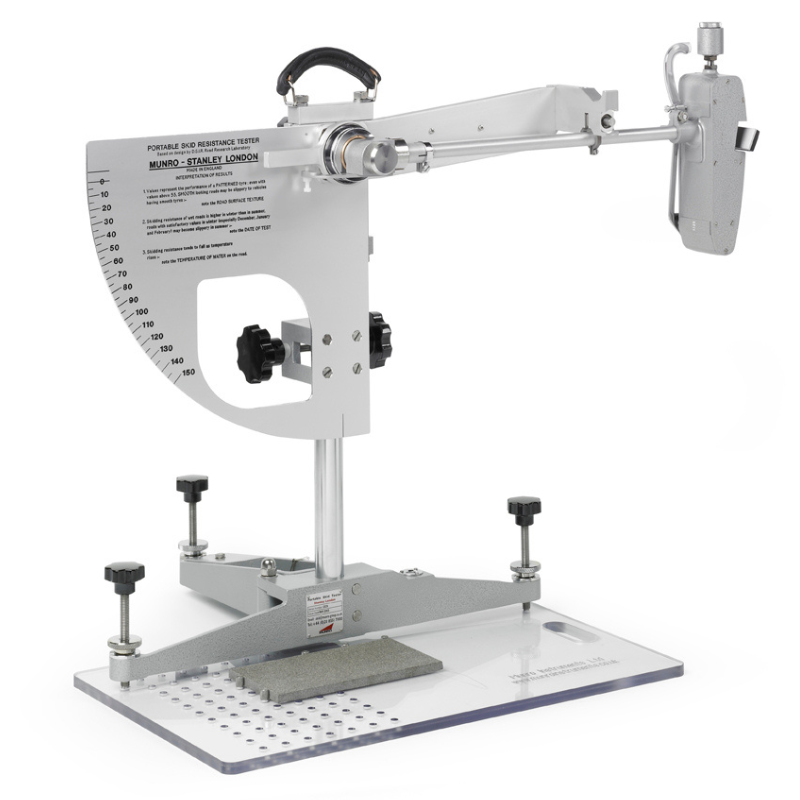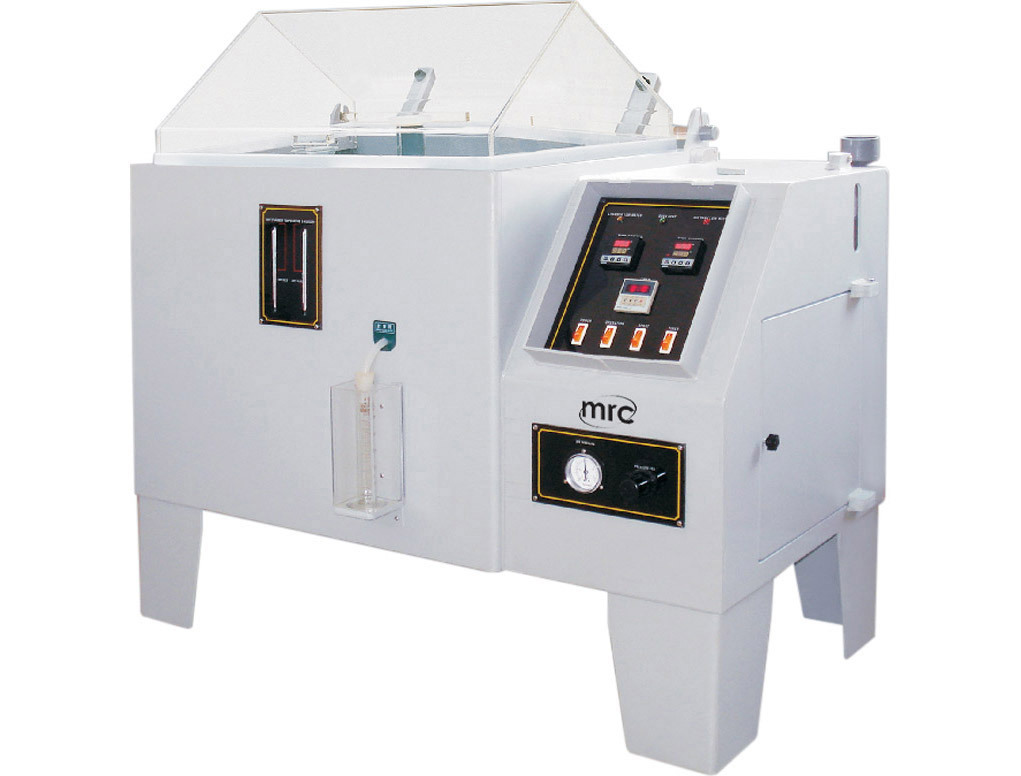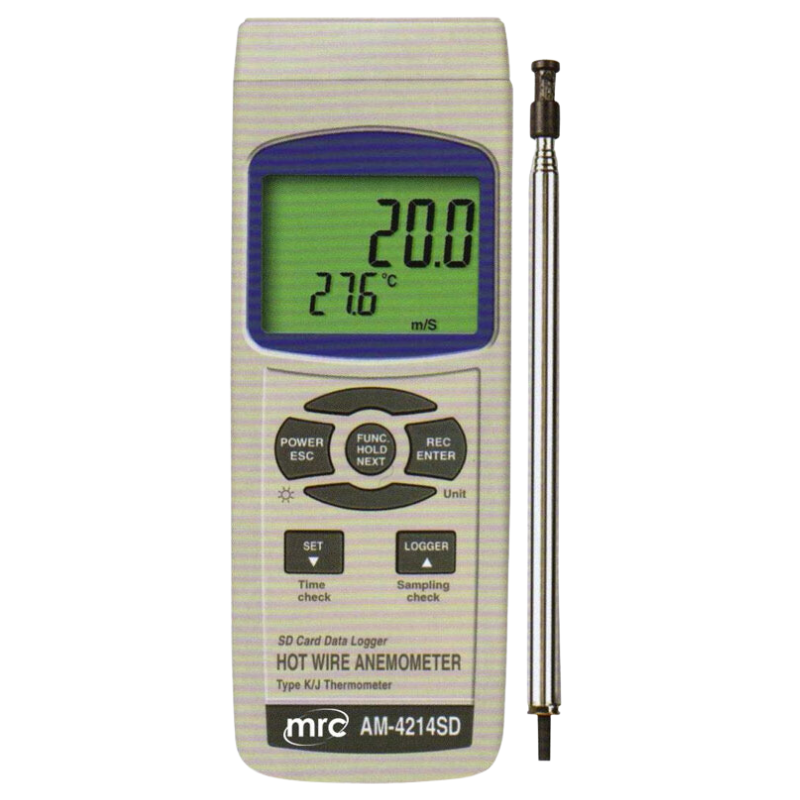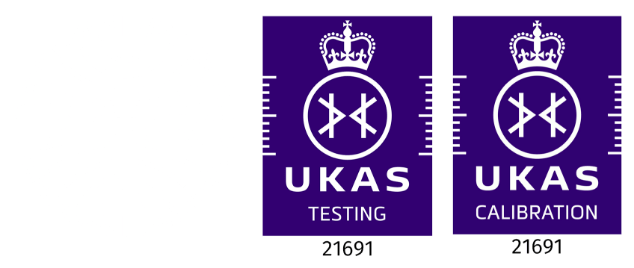Enter the BS 7976 Pendulum – a tool and standard dedicated to measuring slip resistance to keep us all on our feet, literally. This article will dive into what the BS 7976 Pendulum is, why it matters, and how it helps ensure surfaces are safe to walk on.
Understanding BS 7976 Standard
BS 7976 is a British Standard that provides a method for measuring the slip resistance of flooring materials. It ensures that surfaces meet certain safety criteria to prevent accidents due to slips and falls.
History and Development
The standard has evolved over the years, incorporating feedback from various industries and technological advancements. Its primary goal is to provide a consistent and reliable measure of slip resistance.
Key Components of the Standard
The BS 7976 includes detailed procedures for conducting slip resistance tests, specifying the equipment and conditions under which tests should be performed.
The Pendulum Test Method
Explanation of the Pendulum Test
The pendulum test is a widely recognized method for measuring the slip resistance of a surface. It involves using a pendulum device that simulates a foot slipping on the floor.
Equipment Used in the Test
The main piece of equipment is the pendulum tester, which includes a spring-loaded foot attached to a swinging arm. The foot is covered with a rubber slider that contacts the test surface.
How the Test is Conducted
The pendulum swings, and the rubber slider makes contact with the surface. The resistance encountered by the slider is measured, giving a Pendulum Test Value (PTV) which indicates the slip resistance of the surface.
Why Slip Resistance Matters
Safety Implications
Slip resistance is crucial for preventing accidents. Slips and falls can lead to serious injuries, and ensuring surfaces are safe can protect people from harm.
Legal Requirements
Many countries have regulations requiring floors to meet certain slip resistance standards. Non-compliance can lead to legal issues and fines.
Industry Standards
Various industries, from construction to hospitality, rely on slip resistance testing to ensure their environments are safe for both employees and customers.
Applications of BS 7976 Pendulum
Flooring Materials
The BS 7976 Pendulum is used to test a wide range of flooring materials, from tiles to vinyl, ensuring they meet safety standards.
Outdoor Surfaces
It’s also used for outdoor surfaces like pavements and decks, where wet conditions can increase the risk of slipping.
Industrial Settings
In industrial settings, slip resistance is critical for worker safety. The BS 7976 Pendulum helps in evaluating surfaces in factories, warehouses, and more.
How to Perform the Pendulum Test
Step-by-Step Guide
- Preparation and Setup: Ensure the test area is clean and the pendulum device is calibrated.
- Conducting the Test: Swing the pendulum and record the PTV.
- Interpreting Results: Compare the PTV against the safety standards.
Preparation and Setup
Before testing, clean the surface and calibrate the pendulum device to ensure accurate measurements.
Interpreting Results
A higher PTV indicates better slip resistance. The results are compared to the standards to determine if the surface is safe.
Benefits of Using BS 7976 Pendulum Test
Accuracy and Reliability
The test provides precise and repeatable results, making it a trusted method in slip resistance testing.
Versatility Across Different Surfaces
The pendulum test can be used on various surfaces, both indoor and outdoor, providing flexibility in testing.
Cost-Effectiveness
Compared to other methods, the pendulum test is relatively affordable and straightforward to perform.
Common Challenges and Solutions
Environmental Factors
Weather conditions can affect test results. It’s important to account for these factors during testing.
Surface Conditions
Surface contamination can skew results. Regular cleaning and maintenance are essential for accurate testing.
Maintenance of Equipment
Keeping the pendulum device in good condition is crucial for obtaining reliable results.

